Ein himmlischer Sünder (1943) Online
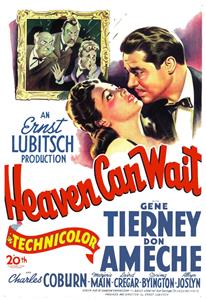
Henry Van Cleve presents himself at the gates of Hell only to find he is closely vetted on his qualifications for entry. Surprised there is any question on his suitability, he recounts his lively life and the women he has known from his mother onwards, but mainly concentrating on his happy but sometimes difficult twenty-five years of marriage to Martha.
| Complete credited cast: | |||
| Gene Tierney | - | Martha Strabel Van Cleve | |
| Don Ameche | - | Henry Van Cleve | |
| Charles Coburn | - | Hugo Van Cleve | |
| Marjorie Main | - | Mrs. Strabel | |
| Laird Cregar | - | His Excellency | |
| Spring Byington | - | Bertha Van Cleve | |
| Allyn Joslyn | - | Albert Van Cleve | |
| Eugene Pallette | - | E.F. Strabel | |
| Signe Hasso | - | Mademoiselle | |
| Louis Calhern | - | Randolph Van Cleve | |
| Helene Reynolds | - | Peggy Nash | |
| Aubrey Mather | - | James | |
| Tod Andrews | - | Jack Van Cleve (as Michael Ames) |
In a 1983 interview, "A Conversation with Don Ameche", Don Ameche said this movie was his favorite of all the films he worked on.
The lead was written with Fredric March or Rex Harrison in mind. Ernst Lubitsch was most disappointed when 20th Century Fox boss Darryl F. Zanuck insisted on casting Don Ameche for commercial reasons. Lubitsch later recanted his opposition to Ameche, won over by the actor's dedication and professionalism.
Gene Tierney recalled that during production, "Lubitsch was a tyrant on the set, the most demanding of directors. After one scene, which took from noon until five to get, I was almost in tears from listening to Lubitsch shout at me. The next day I sought him out, looked him in the eye, and said, 'Mr. Lubitsch, I'm willing to do my best but I just can't go on working on this picture if you're going to keep shouting at me.' 'I'm paid to shout at you', he bellowed. 'Yes', I said, 'and I'm paid to take it - but not enough.' After a tense pause, Lubitsch broke out laughing. From then on we got along famously." (From Gene Tierney's autobiography 'Self-Portrait'.)
Although Gene Tierney had difficulties with Lubitsch at the beginning of the shooting of this film, they later got along famously and Tierney went on to call Lubitsch "A Brilliant Director" in her 1985 interview in Houston.
Gene Tierney discovered she was pregnant during the filming of this movie.
This was Ernst Lubitsch's only completed film in Technicolor.
Ernst Lubitsch migrated to 20th Century Fox partly out of frustration at being unable to get his pet projects "A Self-Made Cinderella" and "Margin for Error' made at his home for 20 years, Paramount. He and writing partner Samson Raphaelson hit upon the idea of adapting Leslie Bush-Fekete's 1934 play "Birthdays" for the screen. It was a subject close to Lubitsch's heart as he was undergoing a divorce at the time.
This was the first of two unrelated films of the same title to receive an Academy Award nomination for Best Picture. The second was Der Himmel kann warten (1978).
In an early example of product placement, the principals meet in Brentano's, a famous New York bookstore chain.
Ernst Lubitsch's habit of reining in Gene Tierney's occasional tendency towards emotional excess initially caused friction between the two, though they later resolved their issues.
Although Tod Andrews played Don Ameche and Gene Tierney's son in the film, he was only six years younger than Ameche and six years older than Tierney.
In his conversations with Billy Wilder, Cameron Crowe asked Wilder about Ernst Lubitsch's touch. Wilder replied like this - "It was the elegant use of the Superjoke. You had a joke, and you felt satisfied, and then there was one more big joke on top of it. The joke you didn't expect." In this film, the audience sees Charles Coburn (Grandfather) giving a big pat on young Albert's back. After that, Young Albert goes to downstairs and starts wearing his hand gloves. Grandfather (who is upstairs) takes the glass of water and pours the water on Young Albert's head.
Henry Van Cleve and Martha Strable were married on October 26, 1898, Henry's 26th birthday.
"Lux Radio Theater" broadcast a 60 minute radio adaptation of the movie on October 11, 1943 with Don Ameche reprising his film role.
The film takes place on October 25, 1872, in 1881, in 1887, from October 25 to October 26, 1898, in October 1908, in October 1923, in October 1932 and on October 26, 1942.
Randolph and Bertha Van Cleve were married in 1871.
Jack Van Cleve was born in 1899.
Randolph Van Cleve was born in 1844.
This film is part of the Criterion Collection, spine #291.
As Henry Van Cleve passes away, he hears the "Merry Widow Waltz" by Franz Lehar. Director Ernst Lubitsch also directed the 1934 film version of Die lustige Witwe (1934), with Maurice Chevalier and Jeanette MacDonald.
Martha Van Cleve died in 1924.

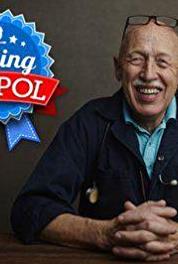
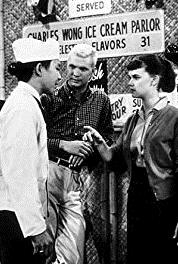

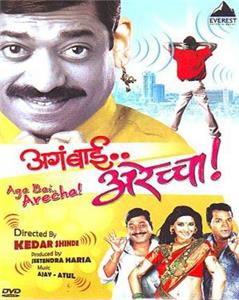
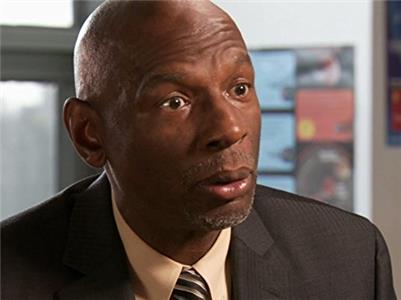
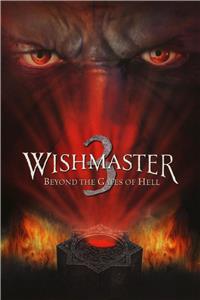
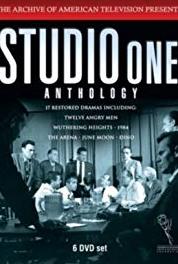

User reviews